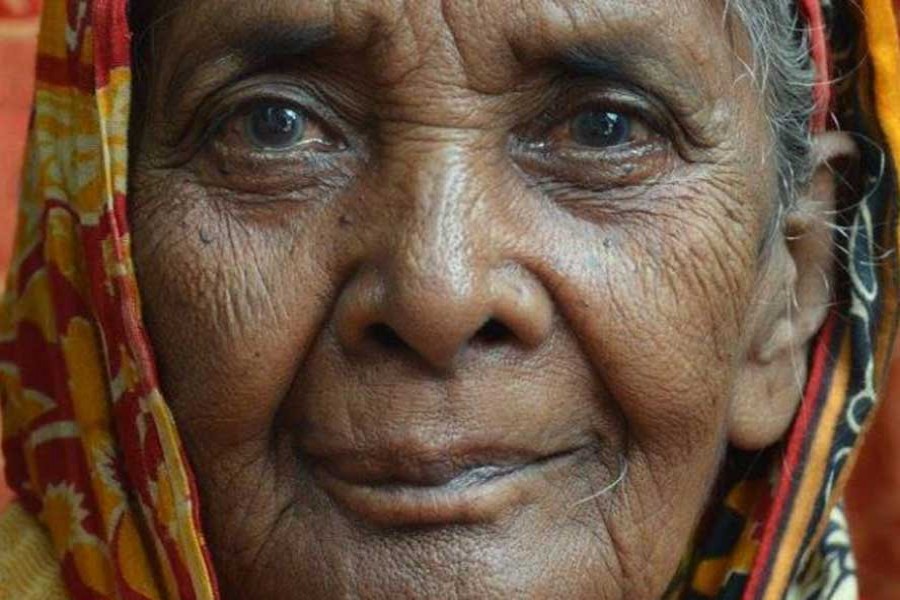How much time does a national policy, approved by the cabinet, needs to be implemented? This question is troubling enough as the draft National Policy on Older Persons, okayed by a cabinet meeting with the prime minister in the chair in November, 2013, is yet to see the light of the day even in 2017. The cabinet had approved the draft on condition that the law ministry would set the definition of old persons and specify provisions for ensuring facilities for senior citizens. It was to be sent to the law ministry for vetting. Then the social welfare ministry would make the national policy public. According to the policy, people aged 60 years or above will be treated as senior citizens. It's just a stone's throw from one ministry to another inside the Bangladesh Secretariat.
The national policy on senior citizens was adopted with the prime minister taking interest in the issue. It is recognition for the senior citizens' contribution to the nation. Their unique nation-building efforts have led to what Bangladesh is today. Her government accepted the concept of the United Nations while preparing the National Policy on Older Persons. The increasing life expectancy in the country is raising the number of elderly people.
It is really laudable that this country has already launched allowances and several welfare programmes for old people who are insolvent. And the new policy will add more steps to ensure a responsible and safe atmosphere for senior citizens. The policy, adopted by the cabinet, aims at ensuring dignified, poverty-free, healthy and safe social life for the elderly people. They are to be provided with ID cards, health cards, and reserved seats during their travel in buses, trains, steamers, rails and ticketing at reduced rates. They will be entitled to enjoy facilities of old homes, health access vouchers, health service cards and savings schemes. The policy also encourages private initiatives towards ensuring aged persons' welfare alongside government initiatives.
Official statistics say, around eight per cent of Bangladesh's population is above 60 years of age, and this percentage is growing. By 2030, it will become 12 per cent. A survey has shown that among the elderly, 28.2 per cent live below the poverty line. In any disaster, elderly people suffer the most, particularly elderly women. A baseline survey has revealed that the eligibility criterion related to age was not followed in the case of 18 per cent male beneficiaries and 12 per cent female beneficiaries of old age allowance scheme. Hence, National Identity Card should be made compulsory for identifying the age of the beneficiaries.
The National ID Card for the senior citizens needs to be different from what it is today so that the concerned authorities could easily and immediately recognise those and deliver services without any delay. On the other hand, it has been found that although, in many cases, an elderly person's individual income may be poor, his or her family income is quite good. That's why family income of elderly persons needs to be calculated along with their individual income.
It is now time for the Prime Minister's Office (PMO) to look into why the draft National Policy on Older Persons is taking so much time to be spelt out, where it has got stuck and do the needful. Such an inordinate delay only tarnishes the image of the bureaucracy.


